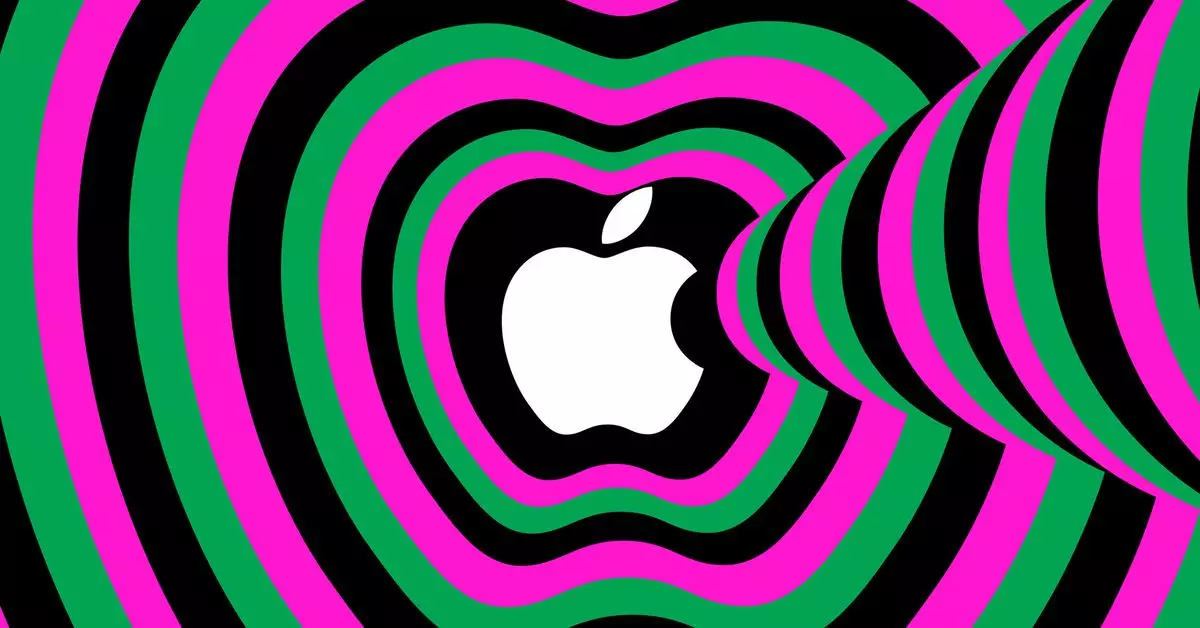Apple’s decision to potentially forego a Spring event for its upcoming releases may come as a surprise to many, especially considering the anticipation surrounding the rumored new devices. The absence of a dedicated event raises questions about the company’s strategy and the impact it may have on the visibility and reception of its latest products.
One of the most highly anticipated releases is the revamped iPad Pro, rumored to feature an OLED screen and an M3 chip. The lack of significant design changes in Apple’s highest-end tablet since 2018 has left consumers eager for a fresh update. However, the potential lack of a Spring event raises concerns about how Apple will showcase and promote these new features to its audience.
In addition to the iPad Pro, Apple is also expected to update the iPad Air, introducing a new 12.9-inch version alongside the existing 10.9-inch model. These new models mark the first major iPad Air update since 2022, sparking curiosity among consumers about the potential improvements and features that Apple will bring to the table. However, without a dedicated event, the visibility of these updates may be limited.
Rumors surrounding a new Apple Pencil with interchangeable magnetic tips and built-in Find My feature have added to the excitement surrounding Apple’s upcoming releases. Additionally, a redesigned Magic Keyboard for the iPad Pro, encased in aluminum, aims to enhance the user experience and productivity of the device. However, the absence of a Spring event may impact the marketing and promotion of these accessories to potential buyers.
Apple’s rumored release of M3 chip-equipped 13- and 15-inch MacBook Airs hints at a potential power upgrade for the popular laptop lineup. However, the lack of major design changes in recent years raises questions about the level of interest and excitement these new models may generate among consumers. Without a dedicated event, showcasing the advancements in the new MacBook Airs may prove challenging for Apple.
With the potential absence of a Spring event, the focus now shifts to Apple’s World Wide Developer Conference in June as the next major platform for showcasing its latest innovations and updates. The anticipation surrounding Apple’s efforts to catch up in generative AI and update its operating systems, particularly iOS 18, adds to the expectation for significant announcements and advancements in the company’s software offerings. However, the decision to skip a Spring event raises questions about the visibility and impact of these updates on the consumer market.
Apple’s unconventional approach to its upcoming releases raises concerns about the marketing, promotion, and visibility of its new devices and accessories. Without a dedicated Spring event, the company may face challenges in generating excitement and interest among consumers for its latest products. As the tech industry eagerly awaits Apple’s next moves, the absence of a major event poses a unique opportunity for the company to rethink its marketing strategies and engage its audience in new and innovative ways.


Leave a Reply